Valorant, which debuted in 2020, has quickly ascended to the top of the esports business. It's one of the shooters that both casual players and die-hard, competitive gamers like the most. Since the beta's first release, Valorant has become a well-known game that combines the CSGO FPS gameplay with the hero-style action of games like Overwatch. Today, we will focus on the more competitive aspect of the game, looking at the Valorant ranks and discovering the best ways to advance through them.
VALORANT RANKS
The Valorant ranking system is simple to comprehend and take in, similar to many other competitive games. It has eight layers. Each is further split into three ranks. The only place where this is different is at the Radiant tier, which has a "one and done" subsystem. You will pass through the following as you go from the top to the bottom of the Valorant ranks:
- Iron
- Bronze
- Silver
- Gold
- Platinum
- Diamond
- Immortal
- Radiant
More than 53% of all players are located in the Bronze and Silver ranks, which are the most prevalent Valorant levels, according to data platforms. Almost 11% of players are Iron, the lowest point on the scale. Yet, just 0.03% of players have the necessary skills to reach Radiant, the highest Valorant rating.
HOW CAN I GO UP RANK IN VALORANT?
To begin climbing the rankings in Valorant, you must first qualify to participate in the more difficult ranked mode. Winning 10 unranked or "unrated" matches in Valorant is the first step in the process. To completely unlock your first rank after completing that phase, you must complete five competitive fixtures.
These five bouts eventually decide your "skill level," with the first 10 matches as a preparatory phase. These are made to establish your initial Matchmaking Rating, or "MMR," which controls where you are positioned in competitive fixtures. Five rated matches must be completed (but not necessarily won) before you are promoted to the level that best represents your abilities.
Unless you're a particularly great player, you'll probably start anywhere between Iron and Silver. Early Gold and Platinum achievement is difficult but not impossible. All that's needed is a well-oiled squad and stellar play in the five placement games. Almost every professional player in Valorant esports will be seated in Radiant or Immortal. It gives you a small idea of how difficult it is to ascend there.
HOW DO I RANK UP?
Even the newest player of Valorant may quickly grasp the system's workings. You'll advance to the next level after you've earned (or surpassed) 100 points. There's no reason this should slow down as long as you maintain playing successfully; over time, you'll move up the ranks of the Valorant steadily. However, if you drop to the prior place after losing a complete match while at zero points (i.e., in the new rank), you will be deranked.
These "points" are given by how well you do in the game and your total MMR, which is default-concealed. Your in-game performance, win/loss records, and departure rate are just a few competing variables that affect your “MMR”.
ARE RANKS IN VALORANT RANKED SKIPPABLE?
Indeed, and this is made feasible by how the system works to determine your genuine MMR. Let's imagine that a new season (also known as an episode) has just started, and all players have been reset to their starting positions. If you do very well in your early placement games, you will immediately advance many levels. If you play well enough, there's even a possibility that you'll be directly promoted to Gold or Platinum.
VALORANT ESSENTIAL MATCHMAKING
The Valorant matching process has had more than a few issues. Desync, uneven latency, and peeker's advantage have all been present in the game since the competitive matchmaking system was initially introduced in the game. Riot, the creator of Valorant, has put a lot of effort into resolving these problems.
It's a continuous, ever-evolving process, and Riot makes every effort to balance the Valorant matching system. There are a few minor problems that cannot be fixed right now. For instance, there is a server division problem in the European area. Particularly when it comes to in-game conversations, this may be a barrier.
Take League of Legends as an example; it has separate servers for Russia and Turkey. While playing Valorant, there is a good chance that you may end up in a match with Russian or Turkish players, which immediately affects teamwork and communication. Ultimately, no multiplayer platform is flawless, which is a sad truth. Although Riot makes every effort to maintain order, no one can always be pleased.
CAN FRIENDS AND I PLAY COMPETITIVE VALORANT?
Riot has acknowledged that they embrace that individuals like playing Valorant with their friends as an advocate for inclusive play. Yet, because we're talking about a ranking, and competitive environment, concerns for maintaining the integrity of the competition must be considered. For instance, the lowest-ranked player may line up with three of the highest-ranked players in Call of Duty's League Play mode, which can be unbalanced. In contrast, one highly-ranked player may enter the line among three of the lowest-tiered players, providing that person a distinct advantage over the expected opposition.
More emphasis has been put on the "highest echelons" of the rankings in the Valorant ranking system. Some limitations prohibit players of drastically different ratings from playing together, but you may still compete with your buddies. For instance, in the competitive queue, if you're rated Diamond or above, you may only play with one other buddy.
Generally speaking, it is preferable to play with a well-coordinated whole team. This eliminates the need to rely on the luck of finding decent random individuals, but it also makes sense to form a cohesive squad if you want to climb the rankings rapidly. You'll probably need to play with a "five stack" to climb the levels above Platinum and Diamond. There are just five players on this team.
When it comes to "5-stacks," the matching mechanism has undergone several changes. Certain limitations will be implemented, but you may still play competitive Valorant with your friends. For instance, the construction of your 5-stack now affects the lowered gain/loss penalties for rank rating. No penalties will be imposed if your group members are graded between Iron and Diamond 2. Nevertheless, a 75% penalty will be imposed on all players if even one Radiant player is in your stack. Share your experience with Cyber-sport.io. Subscribe and follow the latest eSports news!
CS2 Gambling
CS2 Skin Trading
Rust Gambling
Promo Codes
Online Casinos
Crypto Casinos
CyberSport Feed



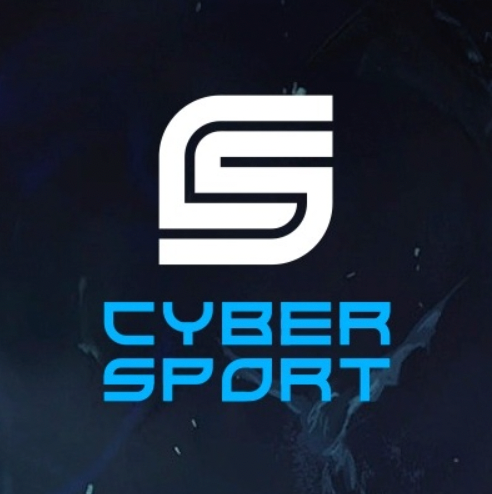
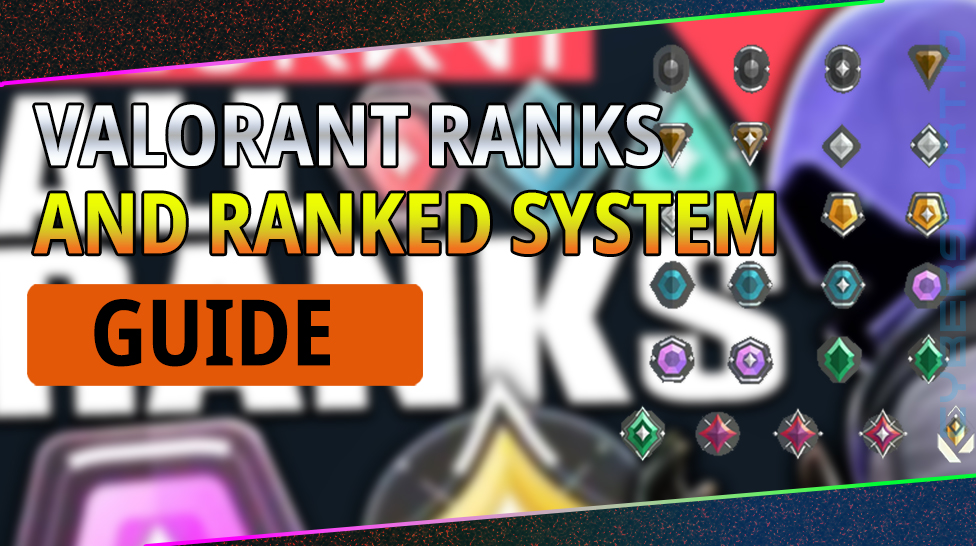

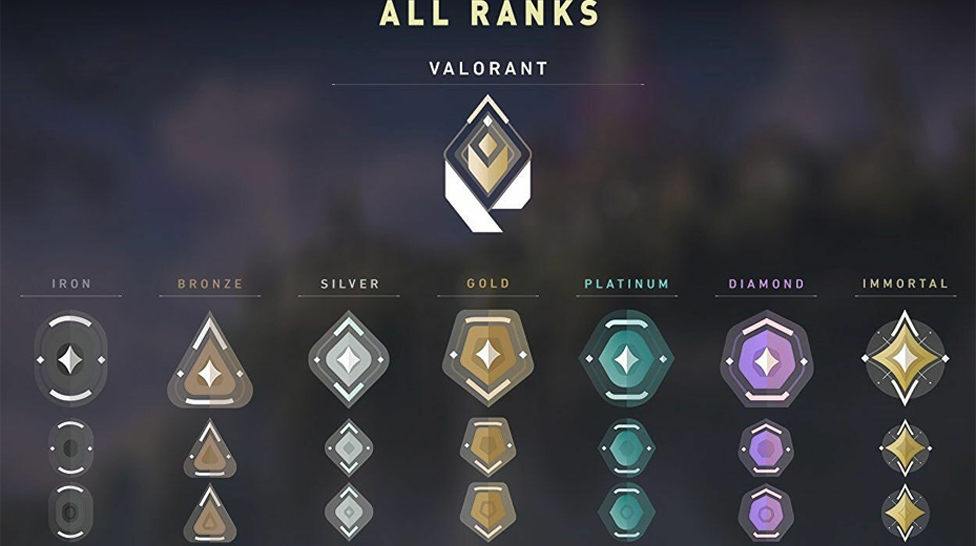
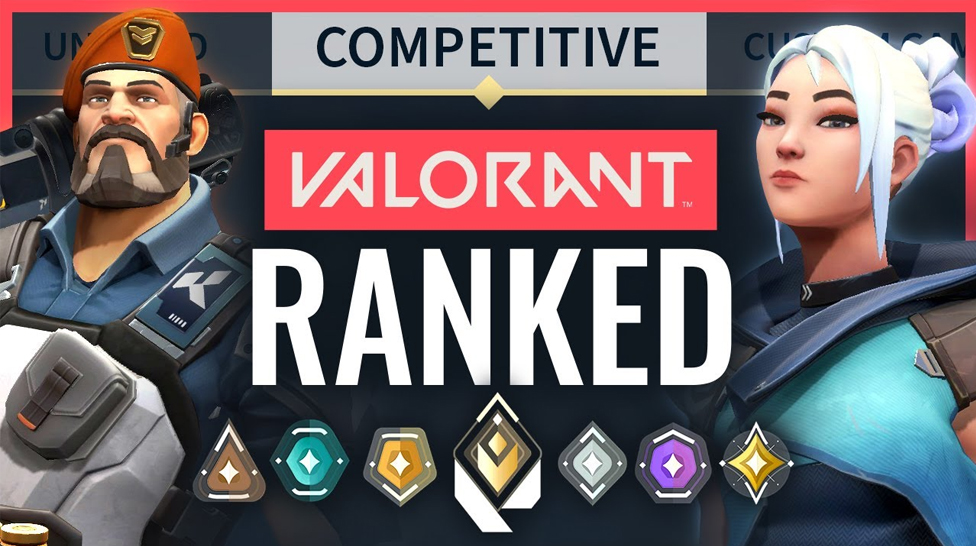
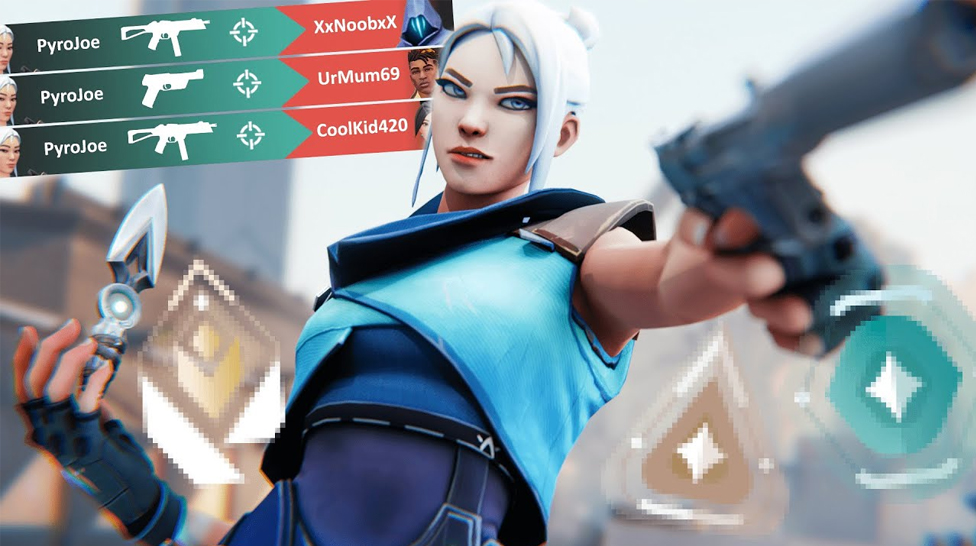



![Top 10 CS2 Workshop Maps in [year] Top 10 CS2 Workshop Maps in [year]](/imgs/news_8014/20241111/cache/1731319844_c89c5afb43f4ce03d1b3___308_174.jpg)